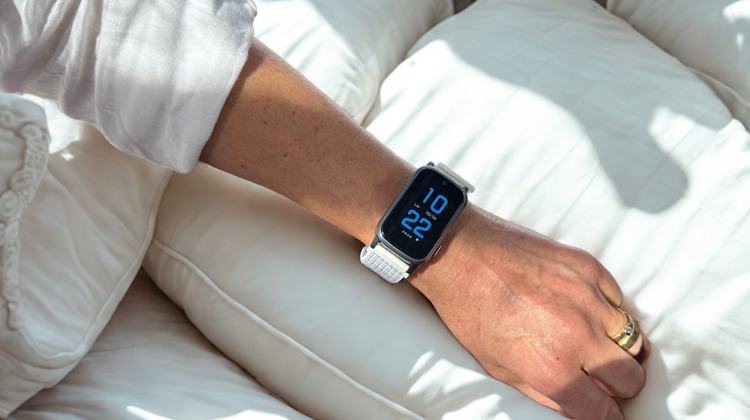Why Do People Get High Blood Pressure?
High blood pressure is often caused by heredity, age, and lifestyle factors such as salt, stress, and overweight. It increases the risk of stroke, dementia, and falls through dizziness and balance problems.
What You Need to Know
High blood pressure often develops due to heredity, age, and lifestyle. Salt, stress, overweight, and lack of exercise are common risk factors. It can also lead to dizziness, affect balance, and thereby increase the risk of falls – especially among older adults and people with dementia.
Heredity and Genetics
Genetics play an important role. If your parents or siblings have high blood pressure, your likelihood of developing it is higher [1].
Age and Bodily Changes
The risk increases with age because blood vessels become stiffer and less elastic, forcing the heart to work harder to pump blood through the body [2].
Lifestyle Factors
Common causes include unhealthy lifestyle habits:
-
Too much salt in the diet
-
Lack of physical activity
-
Overweight or obesity
-
High alcohol consumption
-
Long-term stress [3]
Other Diseases and Medications
High blood pressure can also be caused by underlying conditions such as kidney disease, hormonal disorders, or as a side effect of certain medications [4].
Preventive Measures
A healthy diet, regular exercise, and reducing salt and alcohol intake can help lower blood pressure. Regular checkups are important – especially for those in risk groups.
For older adults, high blood pressure also means an increased risk of falls. It can cause dizziness and impaired balance, and blood pressure medication may sometimes trigger a drop in blood pressure when standing up. This makes regular monitoring particularly important.
For people living with dementia, the risks are even greater, since high blood pressure increases the likelihood of stroke, vascular dementia – and falls in daily life.
Fact Box: High Blood Pressure and Fall Risk
-
High blood pressure can cause dizziness and affect balance.
-
Blood pressure medication may sometimes cause drops in blood pressure when standing up (orthostatic hypotension).
-
The combination of high blood pressure, older age, and cognitive decline makes the risk of falling especially high.
-
Regular blood pressure checkups reduce the risk of fall-related accidents.
Safety alarm with automatic fall alarm can increase safety for people with an increased risk of falling
Sensorem’s personal alarm is an example of a technical aid specially developed for people who have an increased risk of falling. The personal alarm can automatically trigger the alarm in the event of a fall and then call relatives using the watch’s built-in speakerphone with two-way communication. The personal alarm works outdoors and has built-in GPS positioning so that relatives can see the user’s position on a map in the Sensorem app.
READ ABOUT HOW SENSOREM’S PERSONAL ALARM AUTOMATICALLY CAN DETECT A FALL
Sources:
- Swedish National Board of Health and Welfare – National Guidelines for Cardiac Care
- Swedish Heart-Lung Foundation – About High Blood Pressure
- 1177 Vårdguiden – High Blood Pressure (Swedish Healthcare Guide)
- WHO – Hypertension Fact Sheet

